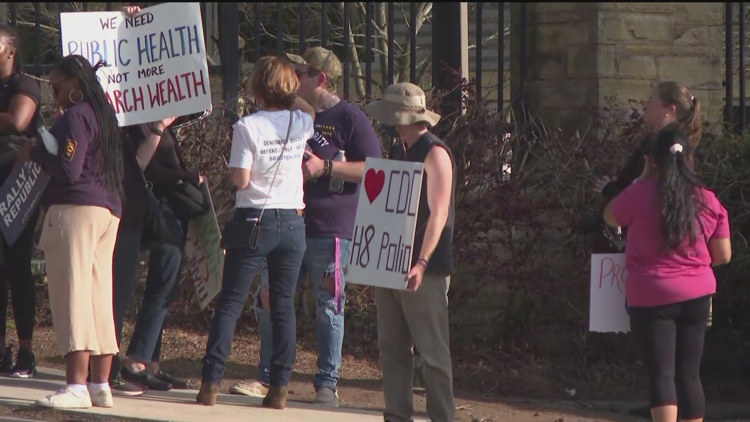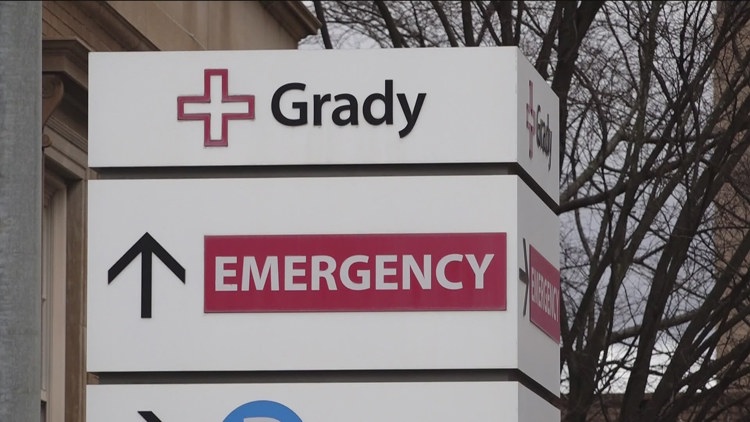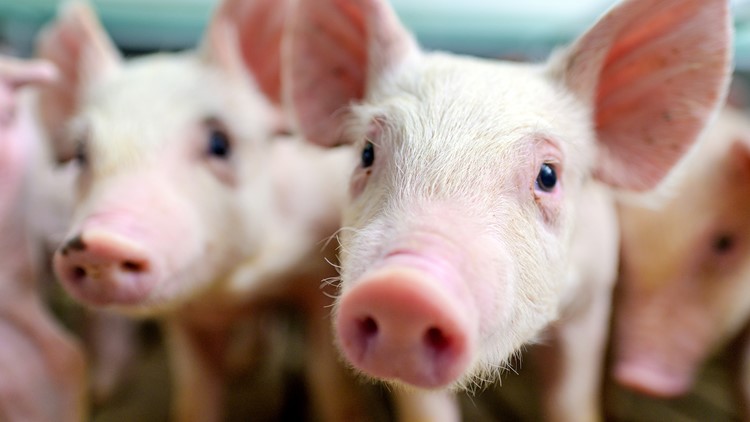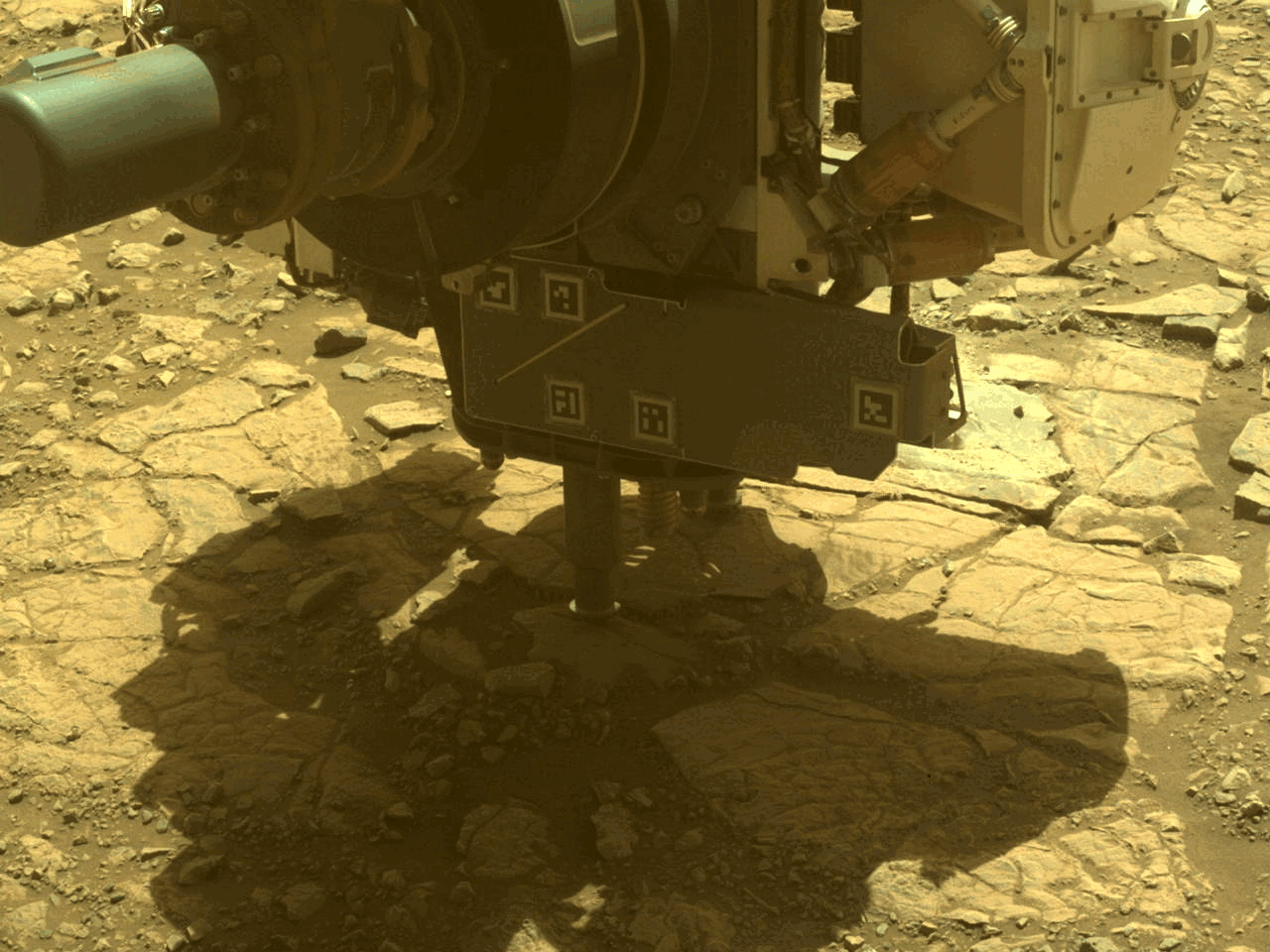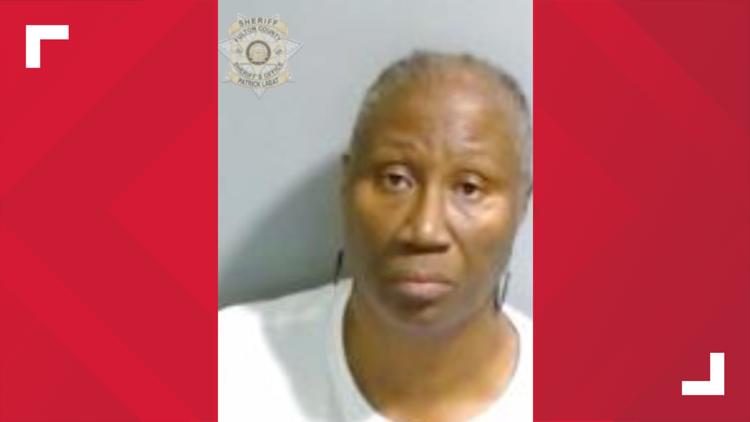The Memo: Hurricane politics scramble final stretch of Trump-Harris race
Two hurricanes in quick succession could scramble a breathtakingly close presidential election in its final weeks. Even as most Americans are focused on the human toll from the one-two punch of Hurricane Helene and Hurricane Milton, the storms have inevitably become hot political issues. Right now, there are three ways in which the politics of...

Two hurricanes in quick succession could scramble a breathtakingly close presidential election in its final weeks.
Even as most Americans are focused on the human toll from the one-two punch of Hurricane Helene and Hurricane Milton, the storms have inevitably become hot political issues.
Right now, there are three ways in which the politics of the moment could impact the race between Vice President Harris and former President Trump.
One is the potential for a backlash against Trump’s propensity for misstatements — and his penchant for chaos — even at such moments of crisis.
The other is blowback against Harris if she is perceived to be exaggerating her own role in the response.
A third possibility is that any big stumbles in the federal response could spur generalized anger at the Biden-Harris administration. This is not much in evidence so far — but it remains a risk as states across the South grapple with the aftermath of both storms.
The death toll in Florida from Hurricane Milton — at least 10 people — was not as bad as had been feared. But the storm has left up to 3 million people without power and caused widespread damage. The state had already suffered 20 fatalities from Helene.
Florida’s centrality to both storms has plunged Florida Gov. Ron DeSantis (R) into the political melee as well, with verbal shots being fired in both directions between him and Harris.
Meanwhile some GOP figures who represent the affected states have tried to distance themselves from some of Trump’s most disingenuous claims — an unusual break with the former president, who has otherwise exerted a tight grip on his party.
Trump has sought on several occasions to pin blame on Harris, President Biden or the federal government for some kind of nefarious negligence.
He has suggested that aid from the Federal Emergency Management Agency (FEMA) to people whose homes were destroyed is capped at $750. This is untrue, and appears to be muddying the waters between a short-term emergency payment intended to provide immediate help, and broader aid that the federal agency can provide over time.
Biden hit back at Trump over this claim Thursday.
“It’s a lie to suggest that’s all they’re going to get,” Biden said from the Executive Office Building, adjacent to the White House. “It’s bizarre. They got to stop this. I mean, they’re being so damn un-American with the way they’re talking about this stuff.”
Trump has also sought to incorporate criticisms of FEMA into his broader political arguments about immigration. Specifically, he has alleged that money spent by FEMA on housing unauthorized migrants has resulted in a shortfall for disaster relief efforts.
This, again, is untrue. FEMA does help administer a program that helps with migrant housing, but this is derived from a separate funding stream from disaster relief — something that even Speaker Mike Johnson (R-La.) has acknowledged.
FEMA Administrator Deanne Criswell has suggested that false information could hamper recovery efforts or dissuade people from seeking aid to which they are entitled.
“I can’t give it to them if they don’t apply,” Criswell said earlier this week. “And if people are afraid to apply, then it’s hurting them.”
This worry is shared by some Republicans. On Tuesday, Rep. Chuck Edwards (R-N.C.) issued a lengthy statement titled “Debunking Helene Response Myths.”
Edwards did not mention Trump by name, but his document took aim at some of the misinformation the former president has propagated.
That said, the response to the twin storms is not plain sailing for Harris.
Exhibit A in that regard is her spat with DeSantis.
The episode began with reports that the Florida governor had declined to take a call from Harris. But it soon devolved into a war of words, with the vice president suggesting DeSantis was being “irresponsible” and “selfish.”
The pugnacious DeSantis hit back, saying it was Harris, not him, who was trying to “politicize” the storms.
He went on to accuse Harris of exaggerating her own importance in this disaster, and previous ones. “She has no role in this,” DeSantis said in a Fox News interview. “I’ve dealt with a number of storms under this administration. She has never contributed anything to any of those efforts.”
There are risks for Harris, given that a vice president does not typically play a leading role in the immediate recovery efforts from natural disasters.
There has so far been no political moment of the magnitude of 2005’s Hurricane Katrina, when a widely criticized federal response inflicted a new blow on then-President George W. Bush.
But heightening the political stakes this year is the fact that Georgia and North Carolina were badly affected by Helene. They are two of the seven battleground states that will determine the election’s outcome.
In new polls from The Hill and Emerson College released Thursday, Trump had a lead of a single point in each of those states, which together account for 32 Electoral College votes.
More than 230 deaths have been attributed to Helene across the South, including more than 100 in North Carolina and more than 30 in Georgia.
As the South tries to recover, any negative perception that clings to Trump or Harris could have a seismic effect in an election that looks to be balanced on a knife's edge.
The Memo is a reported column by Niall Stanage.
What's Your Reaction?















